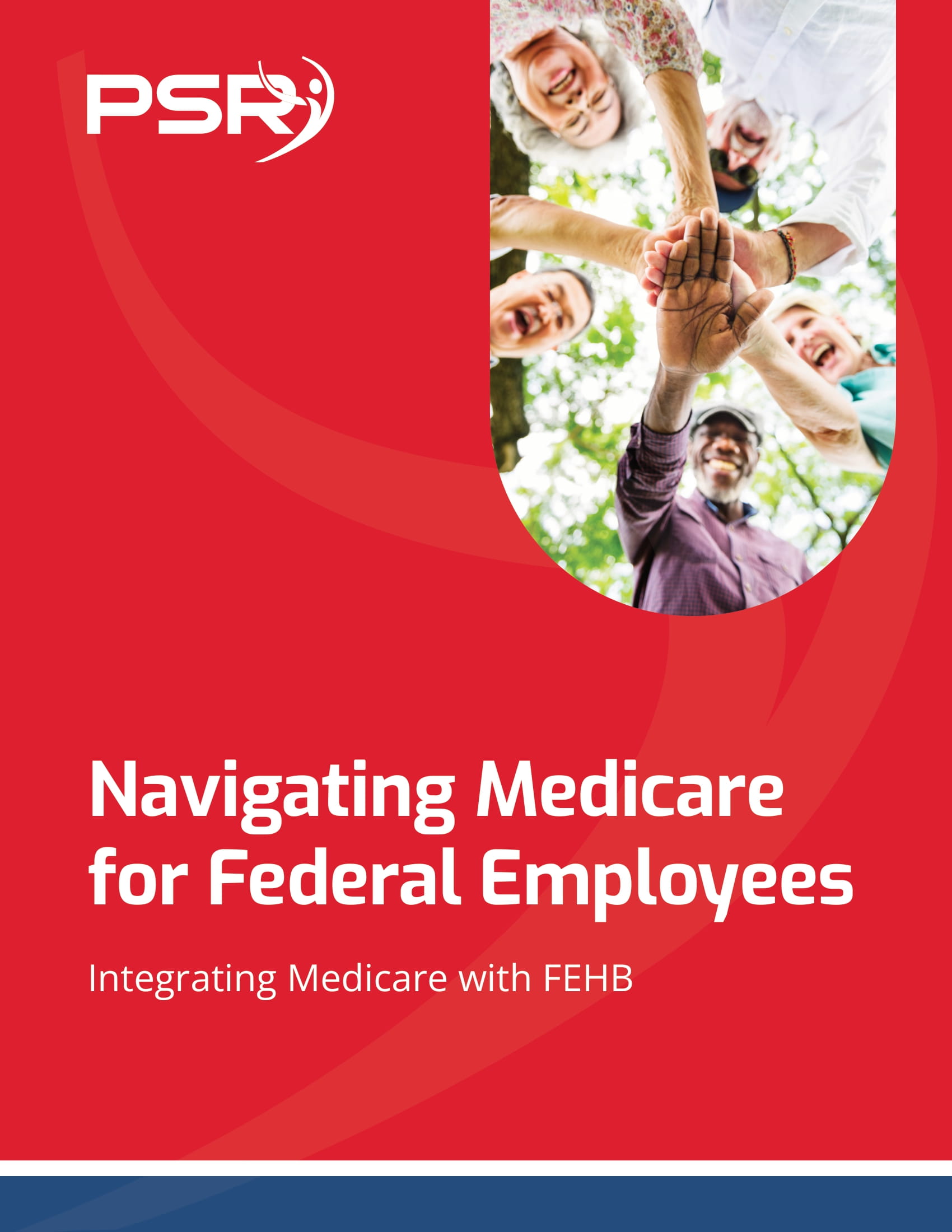Retirement Planning
 Since I have been teaching and conducting retirement seminars people ask me all kinds of questions. Now that it is tax season – my friends, colleagues, and church members ring my phone constantly and bombard me with emails about retirement planning.
Since I have been teaching and conducting retirement seminars people ask me all kinds of questions. Now that it is tax season – my friends, colleagues, and church members ring my phone constantly and bombard me with emails about retirement planning.
- Also Read: Divorce and Your Federal Pension—What Happens When You Split Assets and How It Could Affect Your TSP
- Also Read: What Happens to Your Federal Benefits After Divorce? Here’s the Lowdown
- Also Read: The Best FEHB Plans for 2025: Which One Fits Your Lifestyle and Budget the Best?
This past week-end after giving the above suggestions, one of my dearest friends continued the conversation by stating – “Do you think it is a good idea to carry no balance on my credit cards?” I replied – “You mean that you pay the balance off each month.” The answer was –“No, I don’t carry a balance, period.”
My friends are so resourceful; they always give me something to write about. Just when I think I have just about run out of topics, like magic here they come with loads of stuff for me to write about. Having a credit card with no balance does not demonstrate to the lender your pattern of spending or your ability to handle credit. Having no balance on your credit card does not necessarily improve your credit score.
It is like buying a car that is supposed to get excellent gas mileage. If you buy the car and park it in your garage, how can you validate how much gas mileage it actually gets? Obtaining credit means using credit wisely and responsibly. That being said, in order for my friend to improve her credit score, it is far better for her to carry a small balance on her credit card and pay it off at the end of each month, rather than having no balance at all.
A simple math equation for you to illustrate how it might work.
You put $10,000 money in your Thrift Savings Plan – it grows at 8%.
You have an equal balance on your Credit Cards – it costs you 12.99%
$10,000 growing at 8% = 800/year in growth
$10,000 on a credit card at 12.99% = costs you $1,299/year
So, $1299 – $800 = $499 every year that you gave to the credit card companies. Not a good way to maximize your retirement income.
Lenders need to see how you handle credit. Without some activity on your account, it is hard to measure or assess your ability to handle credit. This by no means suggests that you should go out and run up your credit cards. Quite the contrary, spend wisely, purchasing what you can pay off at the end of the month to keep activity going on in your account. Many credit card companies will ask you to return the card if you don’t use it after a period of time.
The tax season can also be a good time to do some financial Spring cleaning to make sure your financial health is in order and your retirement planning is up to date.
P. S. Always Remember to Share What You Know.
RELATED ARTICLES











